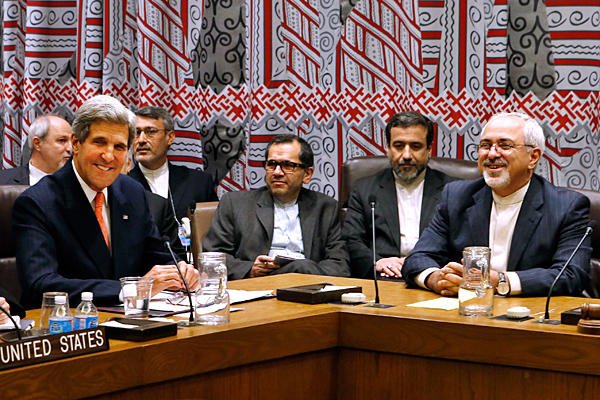Because of the sanctions that have been in place for nearly five years now over its nuclear program, however, its citizens and domestic industry haven't been able to purchase and expand, so investment opportunities are not only manifold, they are severely undervalued.
Most of the auto industry has been sitting on the sidelines waiting for the Iranian game to start. A report in Automotive News says that Iran's two automakers, Iran Khodro and SAIPA - Société Anonyme Iranienne de Production Automobile - produced one million light vehicles last year for 77.5 million people. According to Wikipedia there were 200 vehicles per 1,000 citizens in 2012, and that was before the industry took a nosedive. That number puts it between Uruguay and Jamaica.
Chery, Kia, Peugeot, and Renault were the carmakers with major operations in-country before all but Chery pulled out. In the vacuum, Chery and other Chinese automakers have thrown lots of product at the market, getting 27 models in a range of segments built or supplied there, with results that are probably best described as ambivalent among observers but financially lucrative for the Chinese.
Peugeot has re-established ties, and Kia, Mercedes-Benz, Peugeot, Renault, Toyota, and Volkswagen were attendees at the Iran Auto Show last November. The domestic companies say that this time they want local investment that includes technology transfer, so the Western carmakers that do decide to get in will find tougher negotiators than before. Peugeot, for instance, had a 51-49 partnership with Iran Khodro before pulling out; the new agreement is a 50-50 venture. As a 'gift' to the world for a final deal that encourages global investment, Bloomberg says that the price of crude would go down by $15 per barrel.
Related News



